The FEM/Simulation Technology Laboratory provides students with PC workstations and FEM and MBS software that can be used for numerical simulations in the context of projects and theses.
Goals and idea
Fields of activity:
Simulations in structural mechanics using the Finite Element Method (FEM) as well as in the fields of multi-body simulation (MBS) and flow simulation (CFD – Computational Fluid Dynamics); generally in the field of Computer Aided Engineering (CAE)
- Static stress analysis with linear and non-linear material models
- Thermal analysis of structures and subsequent calculation of thermal stresses
- Simulation of dynamic systems using FEM and MBS
- Crash simulations
- Fatigue analysis and Fracture mechanics
- CFD simulations
Facilities and activities
Equipment and function
- 10 PC working stations
- HPC-Cluster
Software
Extract from the existing software (for teaching and research purposes):
- ANSYS: FEM program for linear and nonlinear structural mechanics (statics and dynamics) and temperature field calculations
- HyperWorks (ALTAIR): FEM program for linear and nonlinear structural mechanics (statics and dynamics), temperature field calculations, crash simulation, optimization and MBS simulation
- LS-DYNA: Crash Simulation
- NASTRAN: FEM program for structural mechanics
- CATIA: CAD
- ANSYS-Fluent
- Star CCM: Flow Simulation (CFD)
- Openfoam: Flow simulation (CFD)
- ADAMS: MBS simulation
- MATLAB: Scientific programming and Computing
Courses
Preparation of the hands-on training in the computer lab accompanying the lectures:
- Finite Element Method for Bachelor Automotive Engineering and Mechanical Engineering
- Numerical solution methods for Bachelor Aviation Engineering
- Computer Aided Engineering for Bachelor Mechanical Engineering
- CAE for Master Technical Development, Aerospace Engineering and Materials Engineering
Numerical Methods and Computational Simulation für Master Renewable Energy Systems
- The actual practical trainings are conducted in the CAD/CAE laboratories
Activities:
- Implementation of project, study and seminar work
- Execution of final theses (Bachelor & Master)
- Preparation of practical trainings
- Research work
Laboratory management and team
Deputy Women's Representative of the Faculty of Mechanical Engineering
Prof. Dr.-Ing. Rudolf Dallner
Phone: +49 841 9348-2390
Room: A201
E-Mail: Rudolf.Dallner@thi.de
Prof. Dr.-Ing. Rudolf Dallner
Phone: +49 841 9348-2390
Room: A201
E-Mail: Rudolf.Dallner@thi.de
Programme director and Academic advisor Automotive Engineering (Bachelor)
Prof. Dr.-Ing. Konrad Költzsch
Phone: +49 841 9348-7900
Room: A215
E-Mail: Konrad.Koeltzsch@thi.de
Prof. Dr.-Ing. Konrad Költzsch
Phone: +49 841 9348-7900
Room: A215
E-Mail: Konrad.Koeltzsch@thi.de
Deputy Women's Representative, Programme director and Academic advisor Automotive Engineering
Prof. Dr.-Ing. Manuela Waltz
Phone: +49 841 9348-3530
Room: A232
E-Mail: Manuela.Waltz@thi.de
Prof. Dr.-Ing. Manuela Waltz
Phone: +49 841 9348-3530
Room: A232
E-Mail: Manuela.Waltz@thi.de
Programme director and Academic advisor Mechanical Engineering (Bachelor)
Prof. Dr.-Ing. Thomas Binder
Phone: +49 841 9348-3070
Room: A218
E-Mail: Thomas.Binder@thi.de
Prof. Dr.-Ing. Thomas Binder
Phone: +49 841 9348-3070
Room: A218
E-Mail: Thomas.Binder@thi.de
Vice dean of the Faculty of Mechanical Engineering
Prof. Dr.-Ing. Jörg Bienert
Phone: +49 841 9348-7720
Room: A118
E-Mail: Joerg.Bienert@thi.de
Prof. Dr.-Ing. Jörg Bienert
Phone: +49 841 9348-7720
Room: A118
E-Mail: Joerg.Bienert@thi.de
Study advisor production engineering
Prof. Dr.-Ing. Karl Huber
Phone: +49 841 9348-3820
Room: A123
E-Mail: Karl.Huber@thi.de
Prof. Dr.-Ing. Karl Huber
Phone: +49 841 9348-3820
Room: A123
E-Mail: Karl.Huber@thi.de
Head of Institute of new Energy Systems (InES)
Prof. Dr.-Ing. Tobias Schrag
Phone: +49 841 9348-2820
Room: A228
E-Mail: Tobias.Schrag@thi.de
Prof. Dr.-Ing. Tobias Schrag
Phone: +49 841 9348-2820
Room: A228
E-Mail: Tobias.Schrag@thi.de


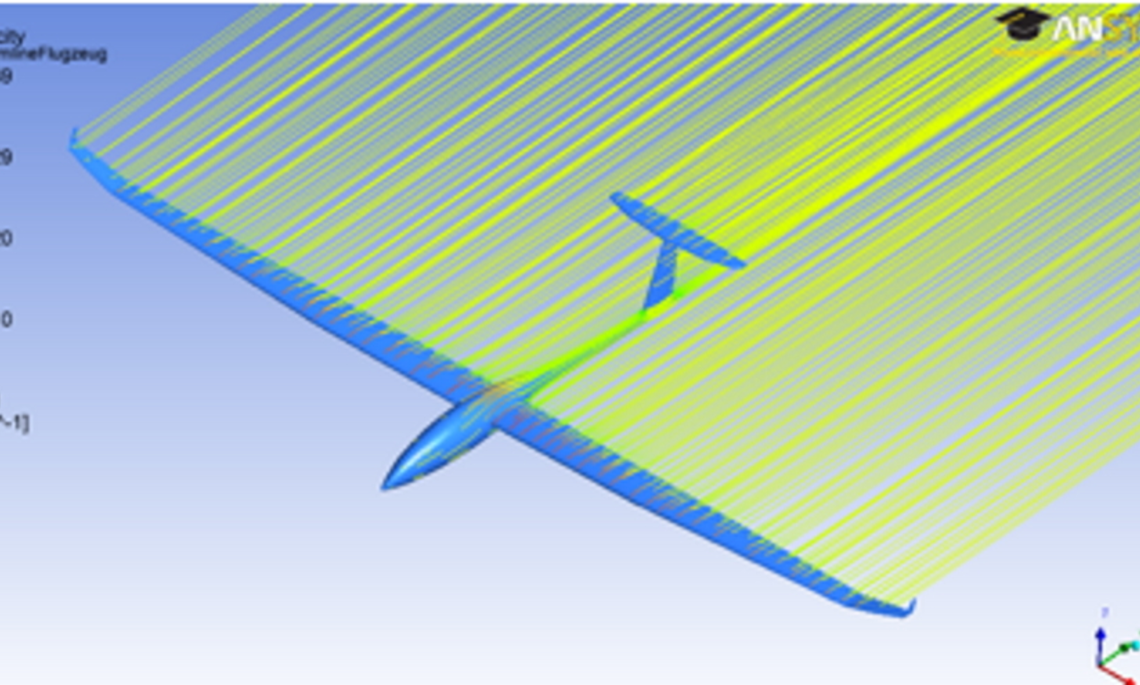
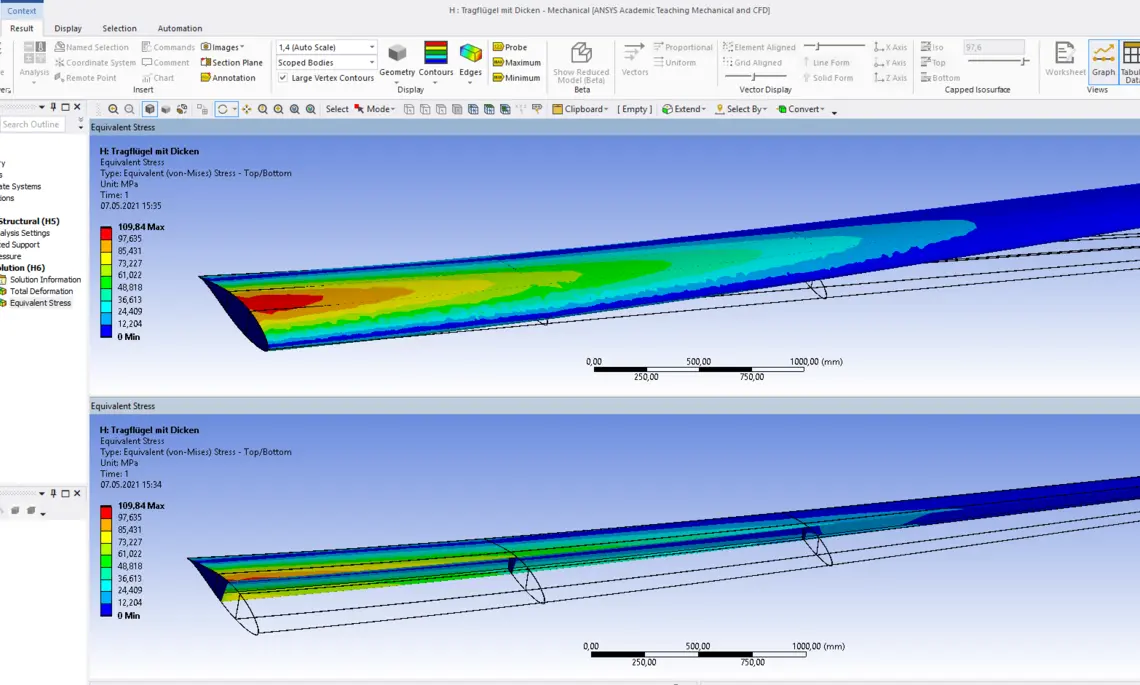
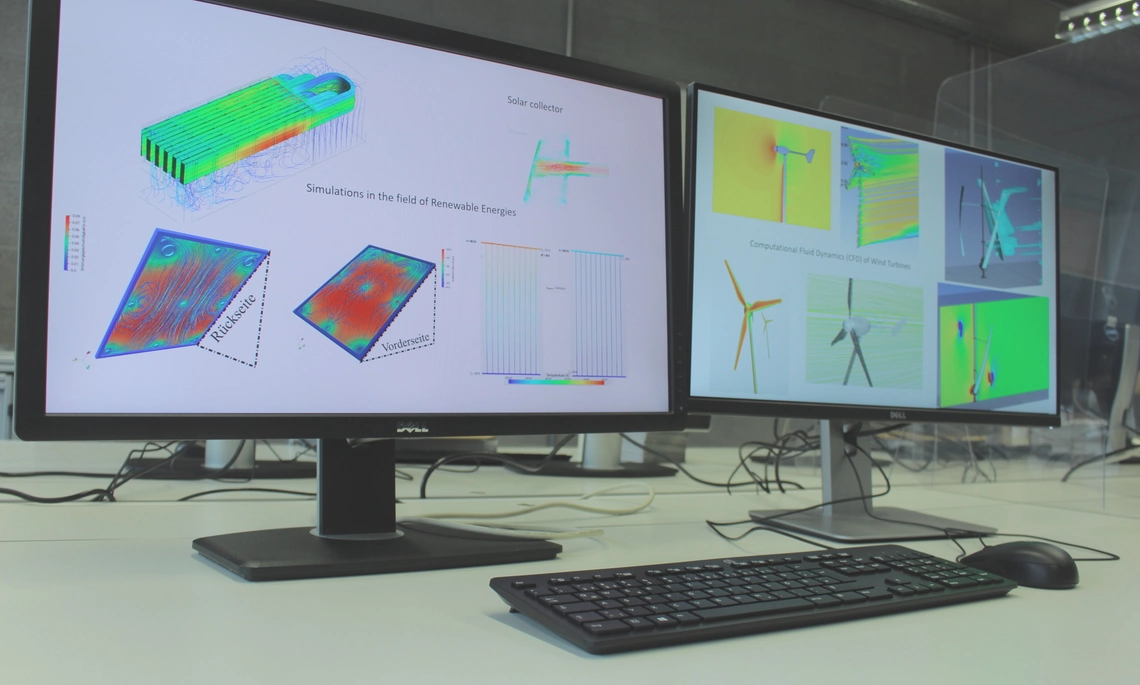
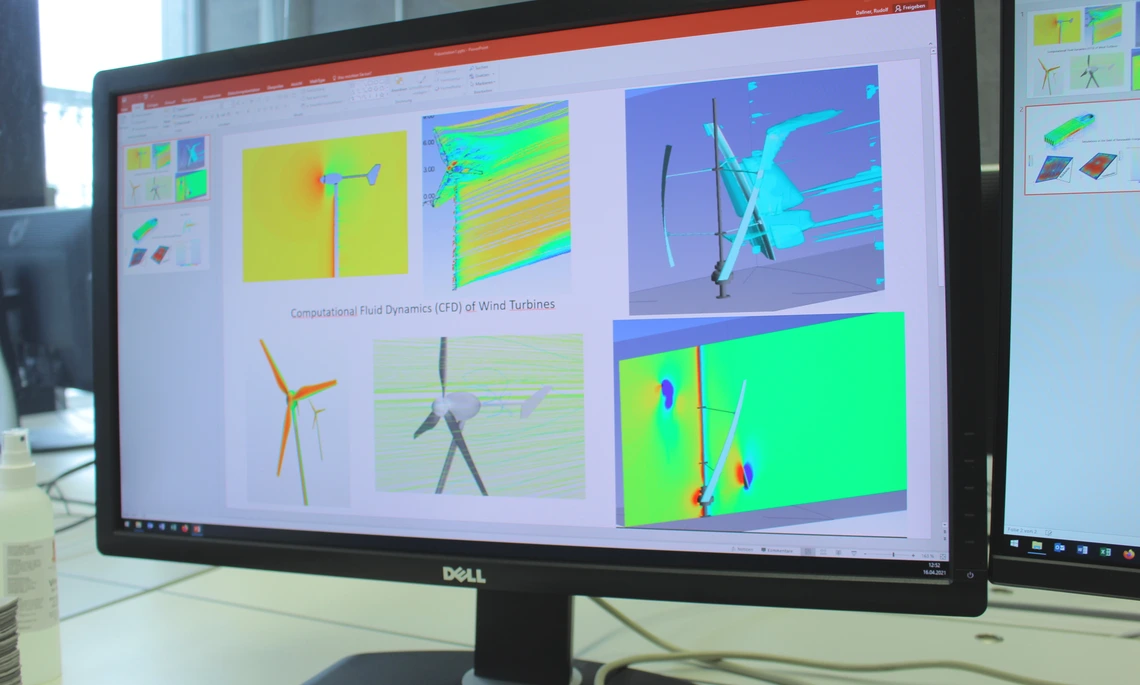
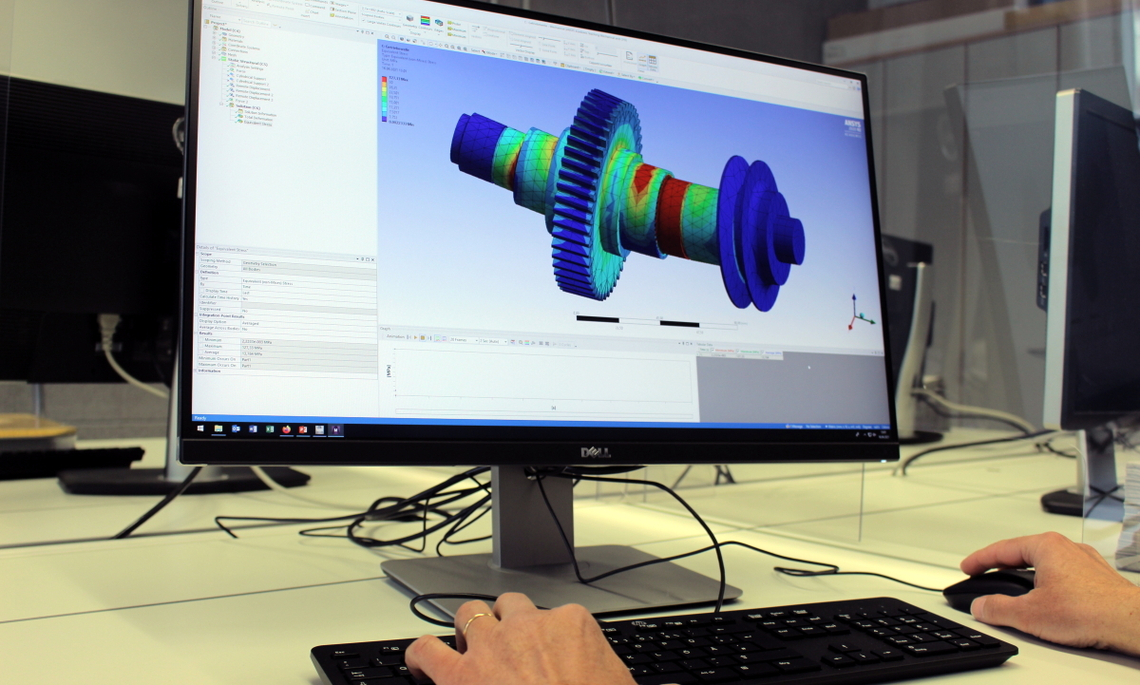












![[Translate to English:] Logo Akkreditierungsrat: Systemakkreditiert](/fileadmin/_processed_/2/8/csm_AR-Siegel_Systemakkreditierung_bc4ea3377d.webp)








![[Translate to English:] Logo IHK Ausbildungsbetrieb 2023](/fileadmin/_processed_/6/0/csm_IHK_Ausbildungsbetrieb_digital_2023_6850f47537.webp)


